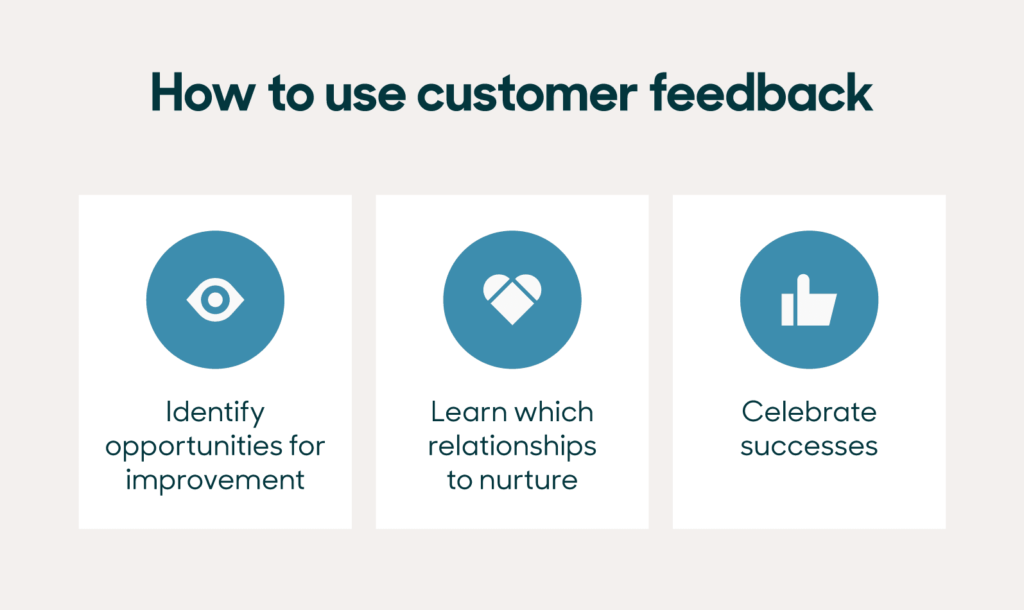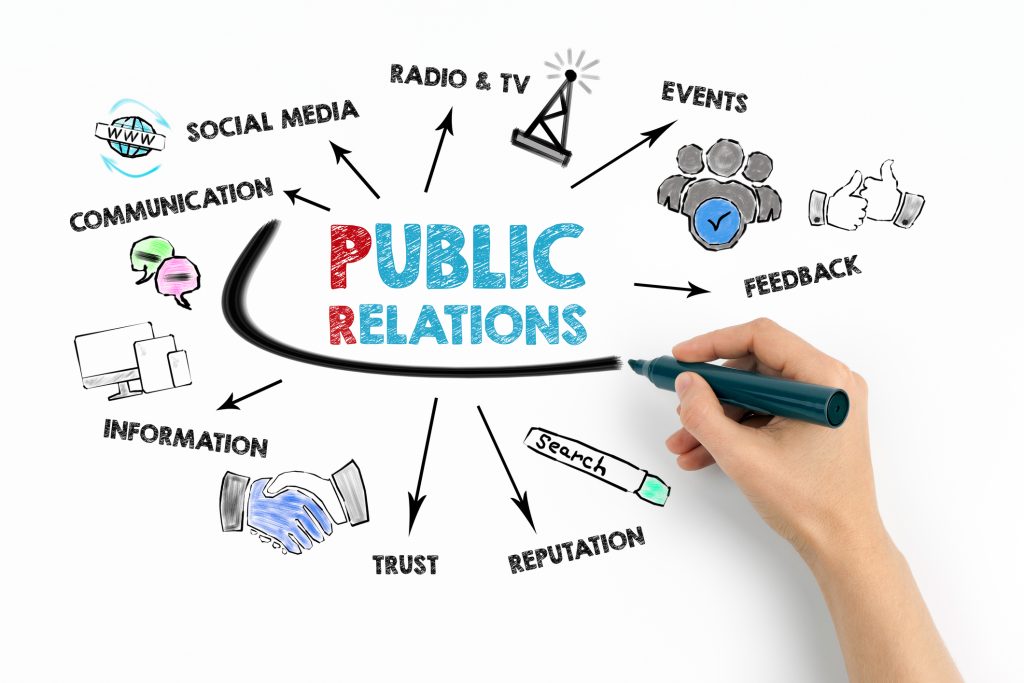How Customer Comments Shape Your Company's Image

More than companies sometimes understand, every remark, review, and opinion from a client counts. Customer comments have developed from a basic check-box activity to become the pillar of a company’s reputation. Online reviews, social media comments, polls, or in-person conversations all help you to find your compass and mirror reflecting the state of your company.
Customer listening is no more a luxury; it is a need. From London to New York, from Bangladesh to the UAE, companies across many markets are centring client input into their plans. But why is it so important, and how may it improve your company’s reputation?
Establishing Trust by Participating
Showing your audience that you pay attention and act on what they say is one of the most important stages in managing consumer comments. Comments without follow-up from a company are a lost chance. Worse, it gives the impression that consumer opinions are meaningless.
Taking care of comments is especially important when they are clear-cut. For a review on TripAdvisor or Google Maps, for example, your public response will not only affect the reviewer but also possible consumers looking over your company profile. Correcting problems helps to boost client loyalty and happiness by means of actions.
A little anecdote from a New York City coffee shop tells volumes. Negative comments about dirty tables soon resulted in a clear change: personnel started regularly cleaning tables between patrons. Not too long later, fresh reviews hailed the improvement and the general star rating rose. hence the outcome is Better name and more foot traffic.
When behaviour matches comments from customers, they feel heard. And with it comes trust—the most important currency any company has.
The amplification effect of social media comments
Social media has made comments into public dialogues. One tweet could either strengthen or damage your reputation. Companies in hyper-connected areas like China or technologically advanced markets like the UAE tread a tight balance between the immediacy of social media and how rapidly things may spiral.
This means that for companies, active participation instead of passive observation should take front stage. Social media sites like Twitter, Instagram, or WeChat provide avenues for real-time, true interaction rather than merely posting boards. Social media-loving businesses have staff tracking comments, interacting with clients, and turning possible disasters into bonding events.
Think through how certain companies use these channels. Fast and sympathetic answers to questions or complaints humanise a brand and demonstrate its consumer value. Social media comments often serve as the foundation for reputation-building, not only a mirror of actual customer service.
Pro Tip Track hashtag, mentions, or keywords connected to your company using social listening tools. Knowing social mood helps companies change their plans instantly, regardless of the market—that of Italy or Bangladesh.
Feedback and Reputation: Their Relationship
Customer comments affect how your company is seen by both current and future clients, not just provide you ideas. What someone writes about your brand online nowadays has the same weight as a recommendation from a close friend. Recent statistics show that 93% of customers believe internet reviews affect their choice to buy.
Positive comments fosters confidence. Positive evaluations of your excellent product or service might attract more clients believing they will be given the same level of quality. On the other side, unfavourable comments—should they be handled poorly—may damage your reputation and deter others from working with you.
The borders have become hazy between client involvement and reputation building. Especially in competitive countries like the UK or the UAE, where consumer expectations are particularly high, businesses are realising that aggressively soliciting and managing feedback is one of the most efficient approaches to enhance their brand image.

Input as a Vehicle for Ongoing Development
Customer comments are a treasure of chances for development rather than only reputation management. It reveals vulnerabilities you might be blind to and, more significantly, qualities you might undervalue. Knowing and acting on this input helps companies, large or small, remain competitive and satisfy consumer expectations.
Consider a restaurant getting evaluations noting delayed service. Ignored, their grievances might turn away business. But solving the problem—say, by raising staff capacity or efficiency—may turn it into a strength. Similarly, a good trend in feedback—e.g., compliments for a particular product—may indicate a field in which the company should focus especially and keep innovating.
Companies that use this kind of feedback flourish in London, New York, and other major centres as well as elsewhere. Not only in tech-driven businesses, healthcare, and more but in service areas including hotels and restaurants.
Action Suggestion
Smart companies examine all kinds of consumer comments, including specific complaints, survey answers, and star ratings. Measuring client loyalty through feedback is especially easy with tools like Net Promoter Scores (NPS).
Promoting Corrective Comments the Correct Way
Businesses often make the error of waiting for comments but failing to aggressively promote them. Whether it’s an email following a purchase, a survey invitation, or a basic “How did we do?” message at checkout, consumers frequently need a little prod.
Two main advantages come from proactive feedback collection. It first gathers additional data, thereby clarifying the consumer experience picture. Second, it pushes unfavourable comments towards private channels—such as email surveys—rather than public forums.
Provide discounts, special offers, or access into sweepstakes meant for active feedback givers to properly inspire comments. For example, several UK companies have found success offering loyalty points every time a consumer finishes a feedback form.
Why Commentary Benefits Global Markets?
Operating internationally—in Bangladesh, Italy, the USA, or another country—feedback offers a structure for cultural awareness. What could be popular in one area—say, free delivery in London—might not be in another—say, a taste for strong customer service in the UAE.
Customer comments helps companies to adjust their plans to fit certain cultural demands and expectations. Businesses that have a presence in several marketplaces get comments unique to each area, which helps them to remain relevant and competitive all around.
Constructing a Feedback-Centered Culture
Strong companies do not consider comments as a second thought. Their activities revolve mostly on listening to and learning from their clients. Promote a feedback-first approach whereby staff members from several departments actively evaluate how client suggestions may enhance procedures.
Reaching this does not always need recruiting committed analysts or acquiring sophisticated technologies. Cost-effective approaches to include common feedback themes into your business culture are regular team meetings to address shared ideas, brainstorming sessions on resolution techniques, and an emphasis on customer-centric innovation.
Establish Brand People Trust.
Customer remarks on your good or service pale in comparison. It’s a straight path to knowing where your company shines, where it may grow, and finally how the world views your brand.
From fast-paced social media interaction in the USA to professional curation in London, businesses actively seek comments, act, and establish trust with their consumers to form the basis of long-term success.
How is your company addressing client comments right now? Start one remark at a time honing your reputation.
